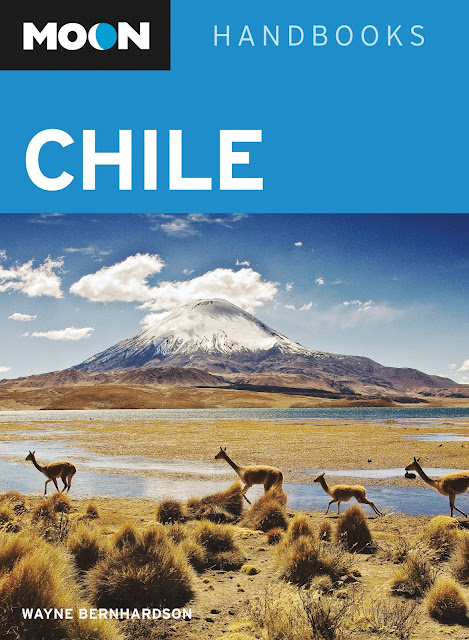Several times, in this blog, I have expressed
my doubts about the Dakar Rally, an off-road automotive competition that moved to
South America in 2008 after terrorist threats in Africa made it impossible to
continue on its continent of origin. Since then, the event – whose starting
point in my Palermo neighborhood I photographed in 2010 – has aroused objections
from archaeologists, conservationist and others, but it’s nevertheless managed
to expand from Argentina and Chile to Peru and, this coming year, Bolivia.
Dakar
won’t be welcome in Ecuador, though, as its government has rejected an
offer by France’s Amaury Sport Organization (ASO) in concluding that Dakar 2014 would
cause more damage than it was worth. After the 2013 event, environmental conservation groups
in Argentina, Chile and Peru argued that their governments frequently
permitted the ASO to ignore their environmental requirements – the Chilean NGO AcciónEcológica maintains that Dakar has destroyed more than 200 archaeological sites
but, obviously, the Rally's money and influence have allowed it to continue.
Meanwhile, though, Dakar not only damages the desert
environment and archaeological sites, but in the process it also kills and injures people –
both participants and spectators. For the long-term health of the deserts and
highlands of northern Argentina and Chile, and Bolivia and Peru, and the
sustainability of the region’s tourist economy, Dakar’s departure would be a
welcome development.
Moon
Handbooks Chile, in Saratoga
In just a few weeks – Monday, June 17, at 7 p.m., to be
precise – I will offer a digital slide presentation on travel in Chile at Santa
Clara Country’s Saratoga Library (13650
Saratoga Avenue, Saratoga CA 95070, tel. 408-867-6126, ext. 3817). Coverage will also include
the Chilean Pacific Islands of Rapa
Nui (Easter Island) and Juan
Fernández (Robinson Crusoe), as well as southernmost Argentina
(Tierra
del Fuego and the vicinity of El
Calafate) that appear in the book. I will also be available to answer
questions about Argentina and Buenos
Aires. The presentation is free of charge, but books will be available for
purchase.



No comments:
Post a Comment